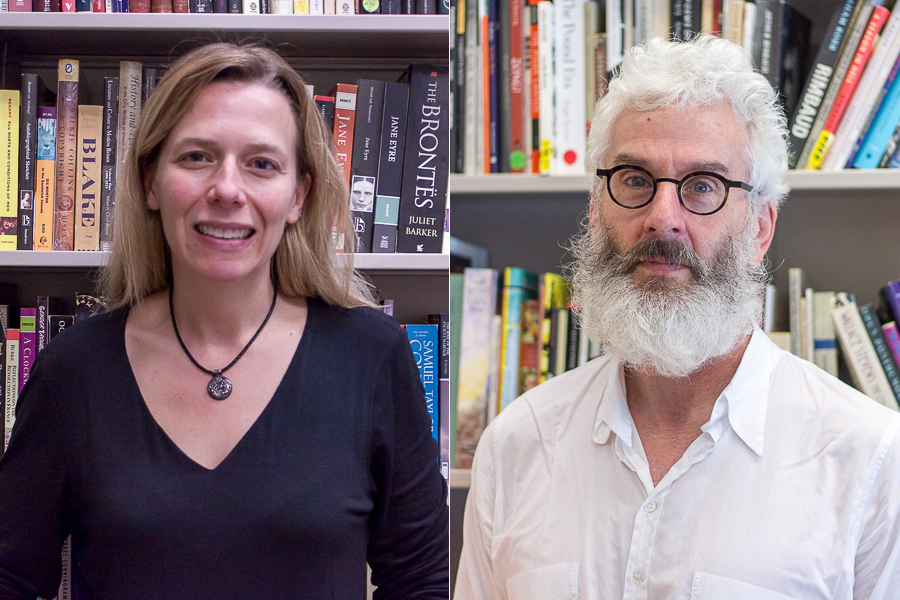
Looking for a book to read? Look no further!
Ah, reading. An activity that we always promise to make time for, but rarely end up doing.
Between all the assigned reading that we’re required to accomplish for classes, that club meeting you’re running to and your friend’s birthday dinner, recreational reading is something that often slips in between the cracks with other things that are good for us. Many of us may have wonderful, nostalgic memories of staying up past our bedtime, and sneakily reading a book under the covers with a flashlight or impatiently waiting for the next book in a series to be released.
So for those who don’t read anymore, or never really did, consider this: reading can awaken a curiosity that we may have forgotten about, or never knew existed. Engaging works of fiction can distract us from the daily stress of life, and non-fiction can empower us with knowledge about our world.
A self-help book can set you on the path to becoming more content, and poetry can remind you of beauty in life. We, as college students, are at such a unique point in our lives; we are growing, learning, ever-changing, and a little help from great books never hurts.
The Aggie sat down with Joshua Clover, professor of English and comparative literature, and Elizabeth Miller, professor of English, to see what books had a profound influence on their lives when they were in college. Plus, they name some books they wish they had read in college, with the hopes that this can inspire some of us to pick up a book that we’ve been eyeing for awhile.
Professor Joshua Clover:
Book that had a profound influence in college:
“Capital, by Karl Marx. At first I was puzzled that it wasn’t the old-fashioned call to revolutionary struggle I expected. Thank goodness; instruction manuals are bullies. It took me some doing to understand it was a far more ambitious thing, an attempt to sketch the laws of motion for our society and a framework for understanding how real historical change might be possible. I think it holds up pretty well. It’s a good inoculation against priests (politicians and economists, say) who would say there is no alternative to the world we live in. Revolution is one of the half-dozen topics in this world worth taking seriously and the least miserable, even in the face of defeat.”
Book that I wish I had read in college:
“Revolutionary Letters, [by] Diane Di Prima. I grew up with a pretty narrow sense of what poetry could be, and while university gave me a chance to engage with that tradition much more intensively (and I had great teachers), it didn’t do much to damage my definitions. Many poets since then have helped with that: Baraka, Stein, Mayakovsky, Mayer, Cesaire. But Di Prima most of all: oh, so it can be a way to deal directly with specific practical problems in front of us, a totally woo-free way to engage with necessity! Good to know.”
Professor Elizabeth Miller:
Book that had a profound influence in college:
“I worked at a Barnes and Noble bookstore for all four years of college (largely for the 40 percent discount on books!), and I was an English major, so I read a lot in college. For my leisure reading, I’ve always loved fantasy and speculative genres, and I can remember burning through Frank Herbert’s Dune (1965) during one day-long binge-read in the summer of 1995. Looking back, it almost seems like my love for Dune was preparing me to eventually move to California in 2008, right at the beginning of the drought.”
Book that I wish I had read (earlier) in college:
“If I had to choose the one book that I read in college that affected me most, it would definitely be Charlotte Brontë’s novel Jane Eyre (1847), which I read for the first time during a class [on the Brontë family] in the fall of my senior year. That was the book that set me on the path to becoming a feminist critic, and the book that set me on the path to becoming a scholar of Victorian literature. I was amazed by the rawness of Brontë’s language, the passion of her feminist indignation and the novelty of a small, plain and homely heroine. I can remember blazing through the first half of that book, reading as though the book was on fire, with a speed and an intensity of concentration that my brain seems no longer capable of today!”
Written by: Pari Sagafi — arts@theaggie.org






